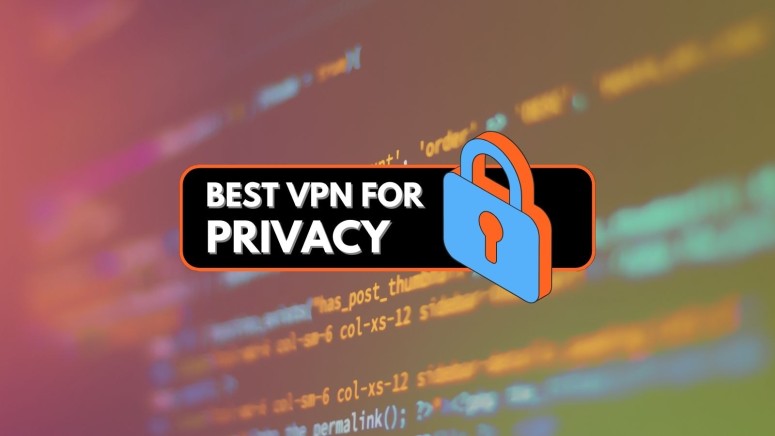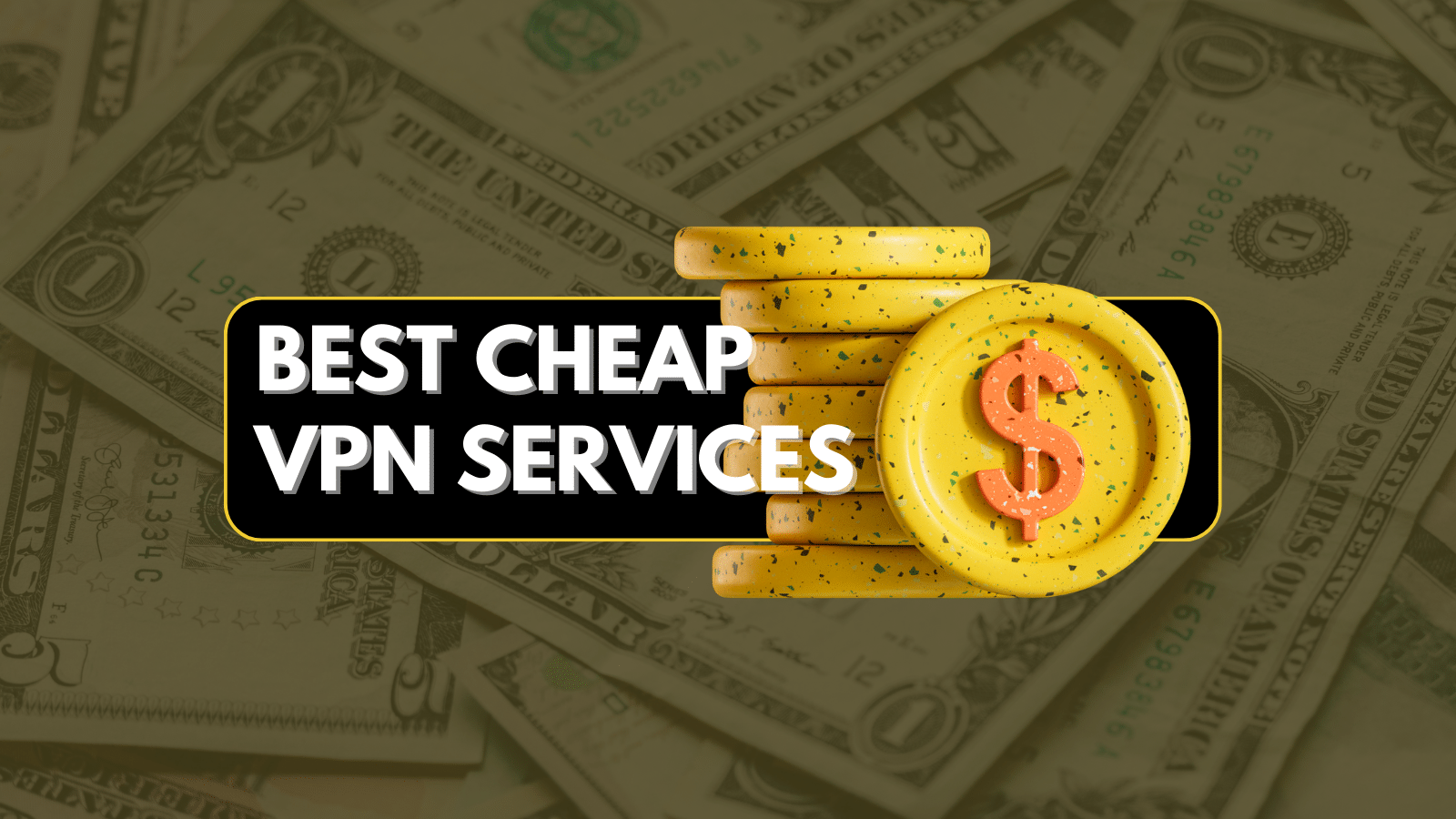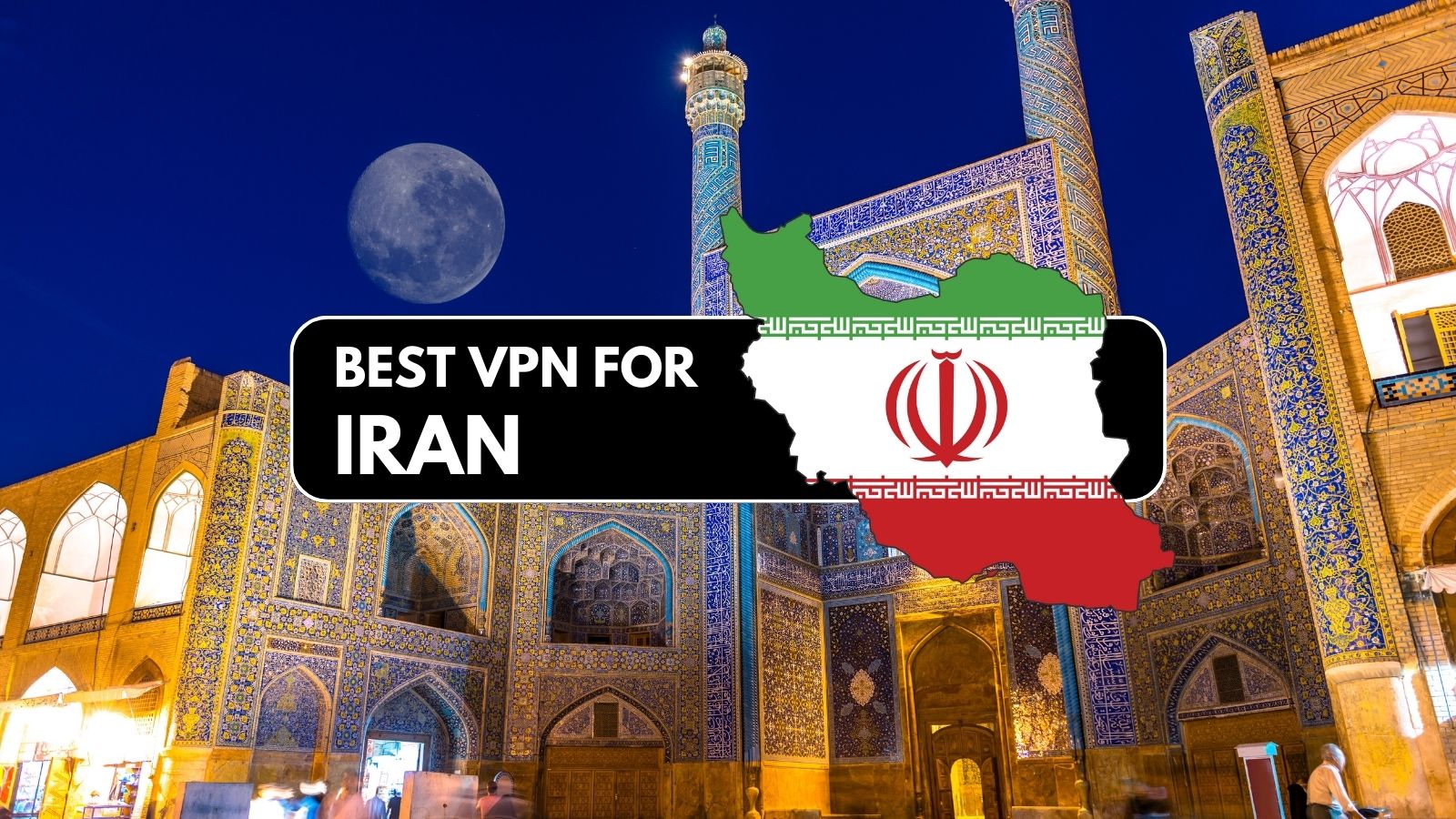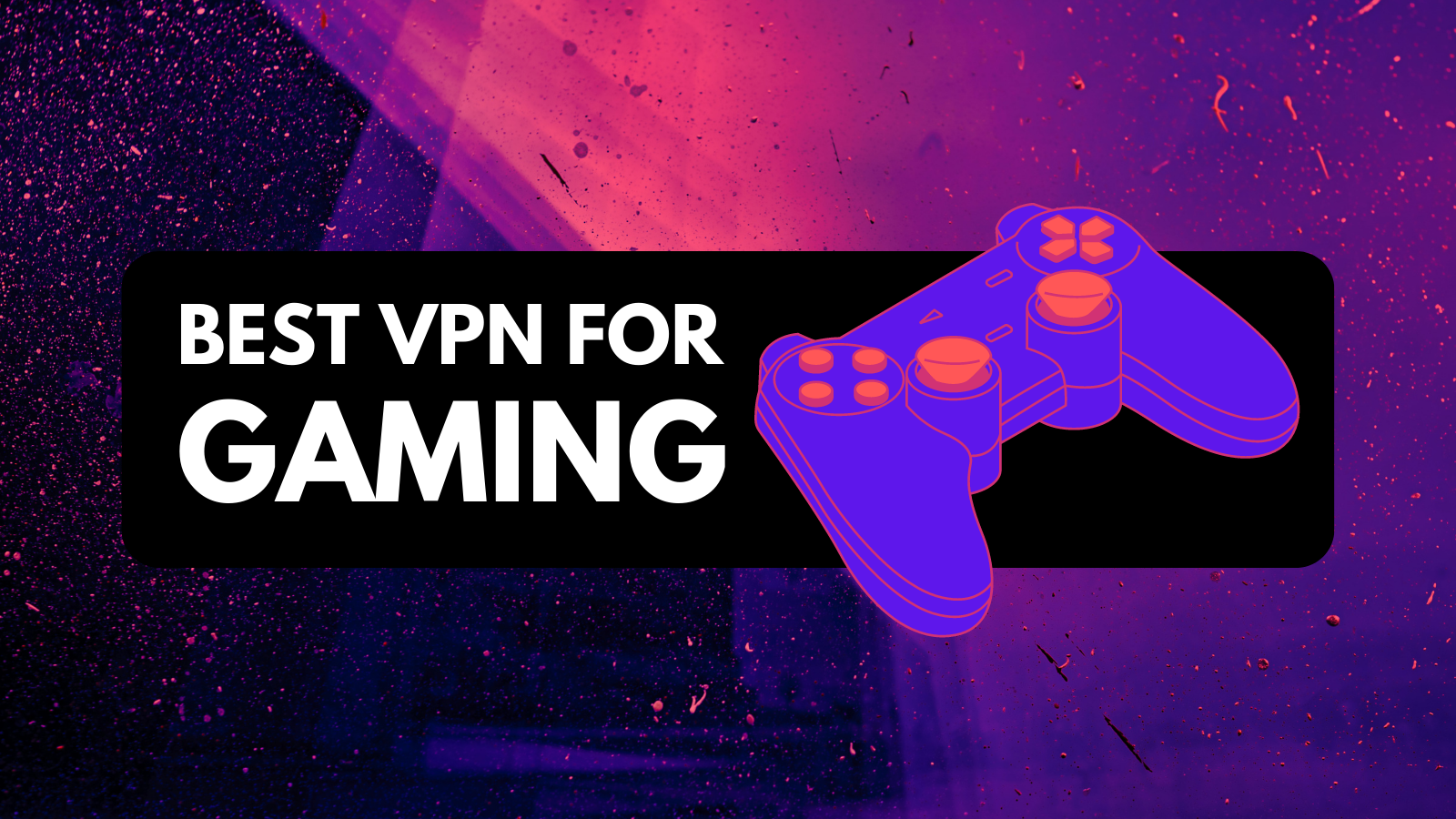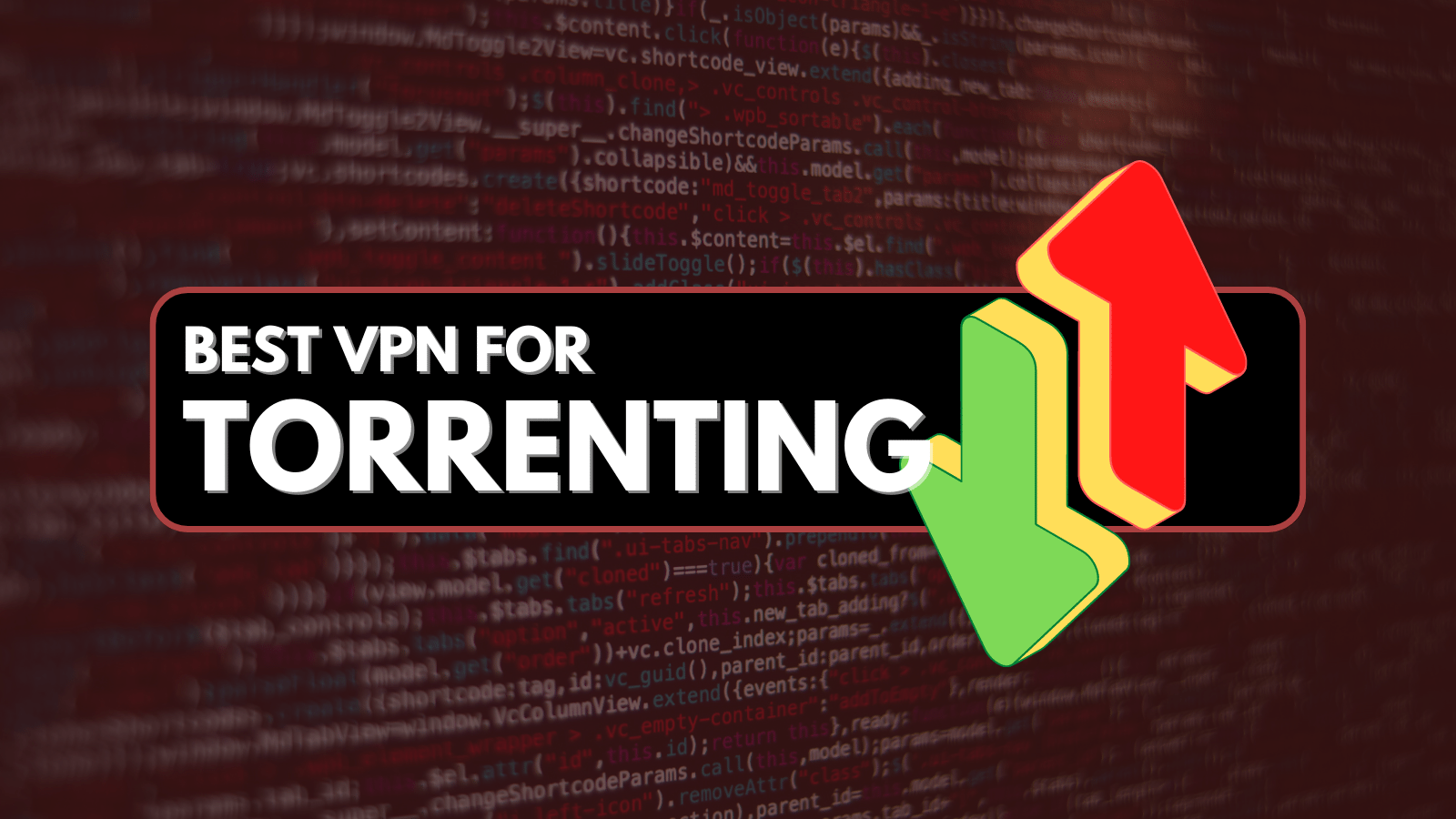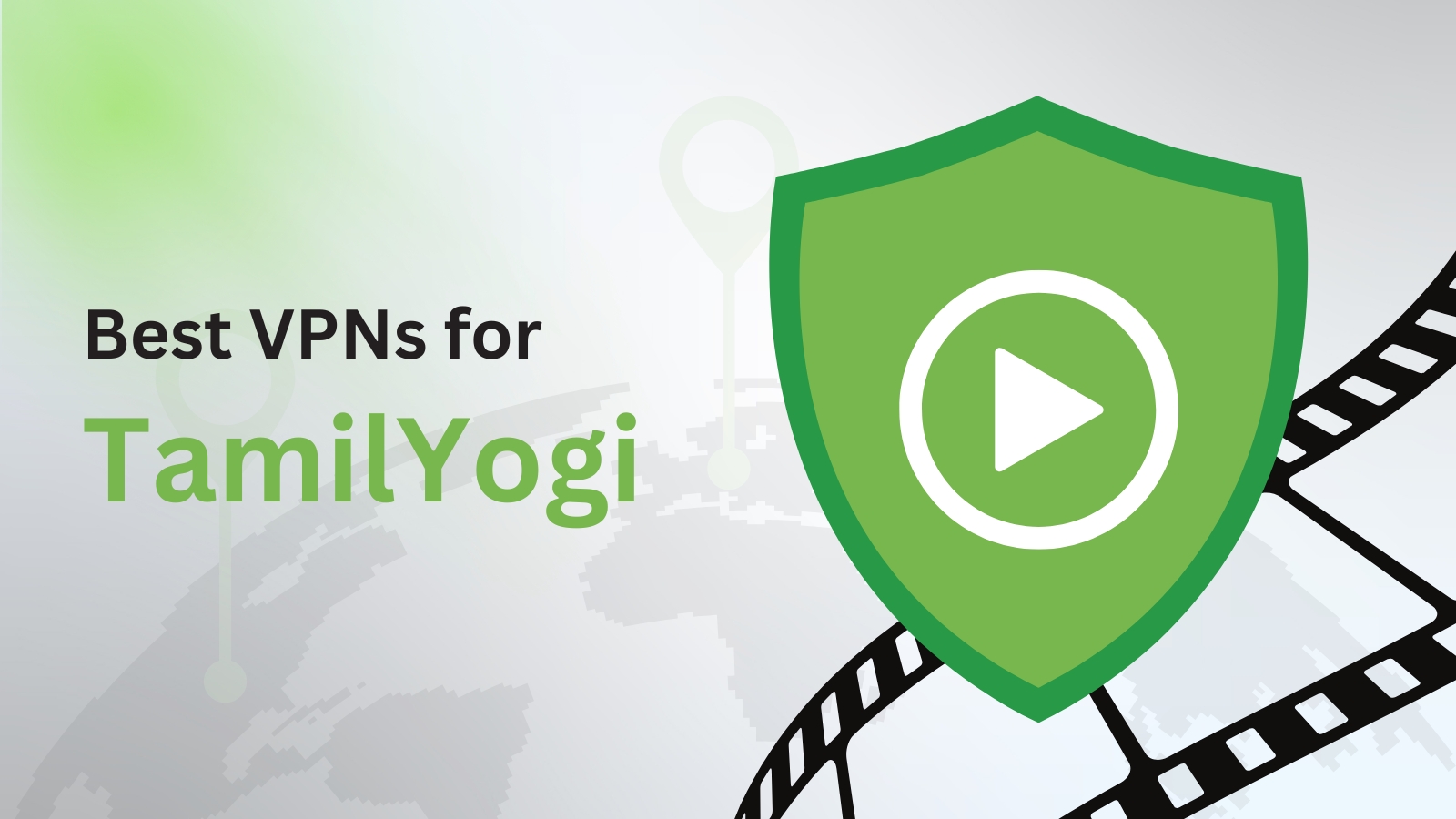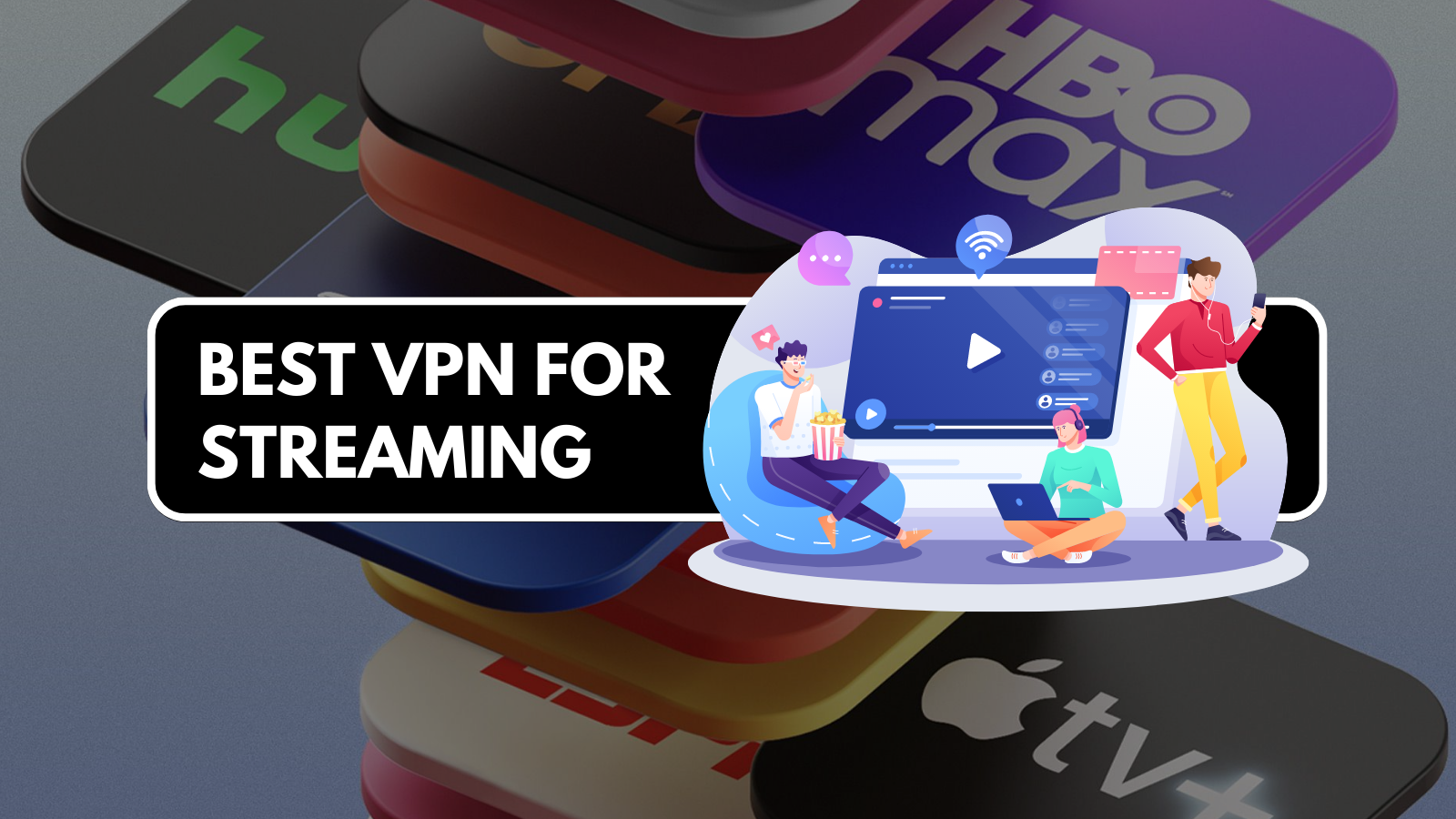When you purchase through links on our site, we may earn an affiliate commission. Here’s how it works.
5 Best VPNs for Privacy in 2025
Our experts have reviewed 53 VPN providers, which were put through extensive rounds of testing. To learn more about that process, here’s how we review VPNs, where we explain our criteria and our policy of being fully transparent.
Every time you visit any site, your device transmits data about your location, your ISP, previously visited websites, and more. On top of that, your Internet provider actively watches you, and it knows what you did online, what you searched for, and what you downloaded.
That said, you can preserve your Internet privacy by using a VPN. However, not every VPN is the same, and there are some that pray on you, collect your information, and share your Web browsing habits with the highest bidder. You need a privacy VPN with bulletproof privacy protection, an audited no-logs privacy policy, and technologies that work against Web trackers.
In this guide, we’ll discuss the best private VPN and share how to use one to protect yourself on the Web. We'll help you compare the best options, explain why you need a VPN, and explain how to choose the best one. We'll finish with a round of helpful FAQs.
Best Privacy VPNs – Our Shortlist
- NordVPN – Our #1-Rated Best VPN for Privacy in 2025
- Surfshark – Best Private VPN with Unlimited Simultaneous Connections
- ExpressVPN – High-End Privacy VPN with Total Data Obfuscation
- CyberGhost VPN – Fully Automated VPN for the Average Home User
- Private Internet Access – Highly Advanced VPN for Experienced Users
How to Use a VPN to Protect Privacy Online
To use a VPN to protect privacy online, you first need to subscribe to one. Then, install its app on your device(s) and connect to a suitable VPN server. These are the steps you need to take:
- Subscribe to a VPN with high-end privacy features (we recommend NordVPN).
- Download and then install the VPN app on your device(s).
- Launch the VPN app and login once you complete the initial setup.
- Connect to a VPN server of your choice in a location you want.
- You can now browse the Web as usual. That’s it!
To ensure your Internet privacy, we recommend enabling your VPN’s kill switch (protecting you even if your VPN connection drops). You’ll also want to use high-end protocols like OpenVPN and WireGuard, as well as obfuscated servers (if available).
The Best VPNs for Privacy in 2025
Finding the best privacy VPN available requires you to search based on certain requirements. First and foremost, you’ll want a VPN that’s been independently audited, which is the best way to ensure that your chosen VPN is trustworthy and safe to use. You’ll also want a no-logs policy with minimal data logging (no personally identifiable data collected).
Then, your chosen VPN should come from a favorable jurisdiction, away from the 5/9/14 Eyes Alliance. Regarding security, pick a VPN with solid protocols (like OpenVPN and WireGuard) paired with robust encryption (like AES-256 and ChaCha20). Having access to RAM-only and obfuscated servers is always a great idea.
To unblock the Web from anywhere, you’ll need a sizable server network. Performance and speed are also important, and you’ll need a good number of simultaneous connections and native applications for all your devices. Lastly, aim for a wallet-friendly price and make your purchase risk-free by being able to rely on money-back guarantees and always-there 24/7 live chat support.
Following the criteria laid out above, these are the 5 best VPNs for privacy in 2025:
1. NordVPN – Our #1-Rated Best VPN for Privacy in 2025
NordVPN is the best VPN for privacy with a strict no-logs policy. This VPN has numerous independent audits under its belt, with the latest one done by Deloitte focusing on the VPN’s no-logs policy, server configuration, technical logs, and more. It’s great for digital privacy because it has advanced anti-tracking and ad-blocking tools.
Unlike most other VPNs, NordVPN goes through regular and highly in-depth audits. That means you can be sure that it logs no personally identifiable information. In other words, none of your activity logs will ever reach NordVPN’s servers. On top of that, it’s based in Panama, which means the VPN isn’t forced to keep your records.
This private VPN is powered by OpenVPN, NordLynx (WireGuard), and IKEv2/IPsec, paired with AES-256 and ChaCha20 encryption ciphers. You also get 6,350+ servers in 111 countries. Many of those are standard VPN servers (all of which are RAM-based), but you’ll also find obfuscated servers, double-VPN, and other specialized servers designed to enhance your privacy.
We'll also note that NordVPN is among the speediest VPNs right now, delivering equally fast speeds across all its nearby and remote servers. It also gives you 6 simultaneous connections, which seems generous enough. You’ll also find modern-looking and easy-to-use applications for practically any device.
You can sign up for $3.09/month (2-year subscription plan). On top of that, this VPN offers a 30-day money-back policy and has 24/7 live chat support, in addition to various other types of customer support resources.
PROS
- Freshly audited no-logs policy.
- Collects no personal information.
- Based in Panama.
- RAM-only and obfuscated servers.
- 24/7 live chat support.
- 30-day money-back guarantee.
CONS
- Partially obfuscated network.
2. Surfshark – Best Private VPN with Unlimited Simultaneous Connections
Surfshark is the best private VPN that’s also unusually transparent about its logging policies. As you can expect, this is a no-logs provider that’s never been afraid to go through independent audits, the last of which was done by Deloitte, focusing on its no-logs policy and IT infrastructure. It’s easy to use but also packed with many tools that provide privacy protection through multiple layers.
This VPN’s no-logs policy is highly straightforward. Surfshark collects no activity logs, so it doesn’t know which websites you visit. It collects minimal and anonymous connection logs, which are deleted after each session. Also, it’s based in the Netherlands (part of the EU) but works under the country’s laws that protect each individual’s digital privacy.
With Surfshark, you can create a data tunnel using OpenVPN, WireGuard, and IKEv2/IPsec, paired with AES-256 and ChaCha20. You also get a kill switch, split tunneling, an ad-blocker, and more. It has 3,200+ servers in around 100 countries. All those are RAM-only servers, and there’s obfuscation as well, perfect for reaching an ultra-high level of privacy.
Surfshark is also known for its performance, delivering fast speeds and stable connections. You also get unlimited simultaneous connections and beginner-friendly VPN applications for computers, smartphones, tablets, streaming devices, and routers.
This VPN's 2-year plan is priced at $2.29/month. If you decide to subscribe, you’ll also get a 30-day money-back policy. There’s also 24/7 live chat support on board, in addition to various other types of customer support resources.
PROS
- Recently audited no-logs policy.
- Advanced privacy protection.
- Servers in 100 countries.
- RAM-only servers and obfuscation.
- 24/7 live chat support.
- 30-day money-back policy.
CONS
- Based in the Netherlands.
- Can take a while to connect.
3. ExpressVPN – High-End Privacy VPN with Total Data Obfuscation
ExpressVPN is a hugely capable privacy VPN with a long list of high-end features. It has an audited no-logs policy (just recently inspected by Cure53) and many previous individual audits focusing on the VPN’s apps, infrastructure, and protocols. It offers advanced privacy features (strong encryption and a kill switch) and is one of the easiest-to-use VPNs.
Regarding data logging, ExpressVPN will never log anything that could identify what you do online. Your IP address, browsing history, traffic destinations, and DNS queries are never logged. Also, this VPN comes from the British Virgin Islands, so it’s away from data retention laws and the world’s most aggressive data intelligence agencies.
ExpressVPN is powered by protocols such as OpenVPN, Lightway, and IKEv2/IPsec, paired with AES-256 and WolfSSL. Needless to say, your privacy will remain intact. On top of that, it has thousands of servers in 105 countries, and all of those are RAM-only and obfuscated servers.
ExpressVPN's performance is also top-notch. It comes with minimal throttling, making it suitable for practically any use. You also get up to 8 simultaneous connections and applications for any device (computers, phones, tablets, streaming devices, routers, etc.).
This VPN's annual plan is priced at $6.67/month. Your purchase is backed by a 30-day no-questions-asked money-back policy. And, as a customer, you’ll also gain access to 24/7 live chat support.
PROS
- Independently audited provider.
- Comes from the British Virgin Islands.
- Strict no-logs policy.
- RAM-only and obfuscated servers.
- Ultra-fast performance.
- 24/7 live chat support.
- 30-day money-back policy.
CONS
- Among the pricier VPNs.
4. CyberGhost VPN – Fully Automated VPN for the Average Home User
CyberGhost VPN has long been a highly trustworthy VPN, known for its ‘Transparency Reports,’ which were first published back in 2011. However, this VPN joined the ranks of audited VPNs not too long ago, thanks to an independent audit by Deloitte, whose focus was this VPN’s server network, management systems, and no-logs policy.
You’ll be happy to know that CyberGhost collects no personally identifiable information. It collects only your customer and basic billing info, as well as some basic stats (connection attempts and frequency of use). So, not even the VPN will know what you do online. Also, it’s based in Romania, where mandatory data retention laws don’t exist.
Like other top-shelf VPNs, this one is also powered by OpenVPN, WireGuard, and IKEv2/IPsec in combination with encryption like AES-256 and ChaCha20. It has thousands of servers in 105 countries, and all those are RAM-only servers, and many are specialized for streaming. This VPN has no obfuscated servers, so you might want to avoid it in countries with heavy data logging and censorship.
CyberGhost comes with medium-fast speeds, with nearby servers typically being faster than remote ones. A subscription to CyberGhost VPN will get you 7 simultaneous connections. Also, there are apps for computers, tablets, phones, streaming devices, and routers.
This VPN's affordable 2-year subscription comes down to $2.03/month. On top of that, you get a 45-day money-back policy (if you pick a longer subscription plan) and 24/7 live chat support, aside from plenty of tutorials, how-to videos, and similar.
PROS
- Recently audited VPN provider.
- Based in Bucharest, Romania.
- Collects no activity logs.
- Extra-wide server network.
- 24/7 live chat support.
- 45-day money-back policy.
CONS
- No obfuscated servers.
- Slower than its competitors.
5. Private Internet Access – Highly Advanced VPN for Experienced Users
Private Internet Access is a perfect choice for more experienced users, showing how you can get a privacy-focused VPN while offering a huge range of advanced tools. But first and foremost, this is a no-logs VPN that’s been audited by Deloitte. The most recent audit checked this VPN’s server configurations and internal privacy policies.
PIA’s no-logs policy is incredibly strict. The VPN collects no activity logs and doesn’t know what you do online. It doesn’t even collect connection timestamps or connection logs, which most other VPNs log for analytic purposes. It’s based in the USA, which might be an issue for some – but know that PIA’s no-logs policy has been proven twice in court.
In terms of privacy protection, this VPN uses OpenVPN, WireGuard, and IKEv2/IPsec, as well as AES-128/256 and ChaCha20 encryption algorithms. There’s plenty you can do to fine-tune these protocols, as well as optimize the VPN’s kill switch and anti-tracking systems. You also get thousands of servers in 90+ countries, with optional obfuscation available across the globe.
Out of the box, you'll get medium-fast speeds. To reach faster speeds, be prepared to do some fine-tuning. Next, PIA comes with unlimited simultaneous connections and highly advanced yet easy-to-use applications for virtually any device.
PIA's 2-year plan costs only $2.03/month. It offers a 30-day money-back policy to make your purchase risk-free. Of course, you can count on 24/7 live chat customer support, in addition to half a dozen other support channels and resources.
PROS
- Recently audited VPN provider.
- Ultra-strict no-logs policy.
- Servers in 90+ countries.
- Ultra-strong privacy protection.
- 24/7 live chat customer support.
- 30-day money-back policy.
CONS
- Based in the USA.
- Requires some fine-tuning.
- Not the fastest option.
Best Private VPNs: Compared
Why Do You Need the Most Private VPN?
Using the most private VPN is the only way to ensure you're not tracked online. Aside from that, a VPN will also help you unblock sites, bypass Web restrictions, and even help you save money when shopping online. Here’s more info about why you need a private and secure VPN:
- Hide Your Browsing Activity: By encrypting your data, an Internet privacy VPN won’t allow anyone to see where you browse and what you do online, and that includes your Internet provider.
- Access Geo-Blocked Services: By hiding your location and encapsulating your data, a VPN can help you access websites and digital services not available in your country/region.
- Bypass Censorship: VPNs can battle against censorship systems, giving you access to a more open Web and protecting your privacy against those who impose censorship.
- Bypass school and office restrictions: The best VPN for Internet privacy helps you unblock the restrictions imposed by school and office Internet connections, letting you browse any site.
- Secure Torrent Downloads: Never download torrents without a VPN, as you’ll risk receiving a copyright infringement notice and paying hefty fines.
- Bypass Bandwidth Throttling: Your Internet provider can slow down your connection if you stream a lot or download plenty of data, which is something a VPN can hide.
- Hide Your IP Address: Your IP address shows your physical location online. With a VPN, you can get a new IP from any country and hide your location-based metadata.
- Connect Safely to Public Wi-Fi: Open public Wi-Fi networks are highly dangerous to use, as they’re breeding grounds for malware and data surveillance.
- Browse Home Sites While Traveling: You’ll encounter limitations when traveling in the form of geo-blocks. A VPN server from your country can help resolve those issues.
- Get a Better Gaming Experience: A powerful VPN can lower your ping and latency, which leads to better responsive time and a much more responsive gameplay session overall.
- Save Money When Shopping Online: By changing your location, you can get lower prices, as your VPN will prevent trackers from trying to create a profile of your economic status.
How to Choose the Best Private VPN?
To find and choose the best private VPN, focus on finding one with an audited no-logs policy, minimal data logging, plenty of servers, and robust VPN protocols. Let’s explain what you need to keep in mind:
- Audited No-Logs Policy: The VPN must have an audited no-logs policy, with a public report revealing its logging practices and the security of its infrastructure.
- Minimal Data Logging: Even the best VPNs will log some data. That said, you need to ensure that your VPN doesn’t keep any activity logs.
- Favorable Jurisdiction: A privacy-focused VPN should come from a country that’s not a member of the 5/9/14 Eyes Alliance and that comes free of data retention laws.
- Security Features: Make sure to invest in a VPN powered by OpenVPN (AES-256) or WireGuard (ChaCha20) protocols. It should also have a capable kill switch.
- RAM-Only Servers: By using a VPN with RAM-only servers, you can rest assured that your data will never get stored on hard drives, making it accessible to third parties.
- Sizable Server Network: By having access to a wide server fleet, you ensure that you get the privacy you need as well as the fastest possible Web connection.
- Ultra-Fast Speed and Performance: While some VPNs are quite fast, others can be painfully slow. Focus on finding one that brings minimal throttling.
- Simultaneous Connections and Supported Devices: Don’t leave even a single device unprotected, as even the smallest vulnerability can endanger your digital privacy.
- Budget-Friendly Pricing: VPNs cost only a couple of dollars per month - but you'll need to invest in a long-term subscription. So, find one that offers plenty of value overall.
- Money-Back Guarantees: By relying on money-back guarantees, you ensure that your purchase comes risk-free and that you’ll end up with a VPN that deserves your money.
- Customer Support: When (and if) something goes wrong, you’ll be happy to have access to 24/7 live chat support so that you can resolve any issue instantaneously.
Final Thoughts
By default, your device sends out tons of sensitive data as you interact with the Web. Your location, browsing history, payment information, streaming habits, and plenty more get exposed online. That said, a VPN is your surest bet to preserve your privacy by encrypting your incoming and outgoing data. Still, not every VPN provides the same level of privacy.
Your best option right now is NordVPN, which comes as the best VPN for privacy, providing a whole range of privacy-friendly features. It comes with high-end protocols, tons of capable servers, and an audited no-logs policy, and it's among the fastest VPNs right now. So, you get a high level of privacy, as well as everything else you might want out of a reputable and trustworthy VPN.
That’s all when it comes to the best VPN for security and privacy in 2025. If you have any questions, share them via the comments section below. Thank you for reading!

